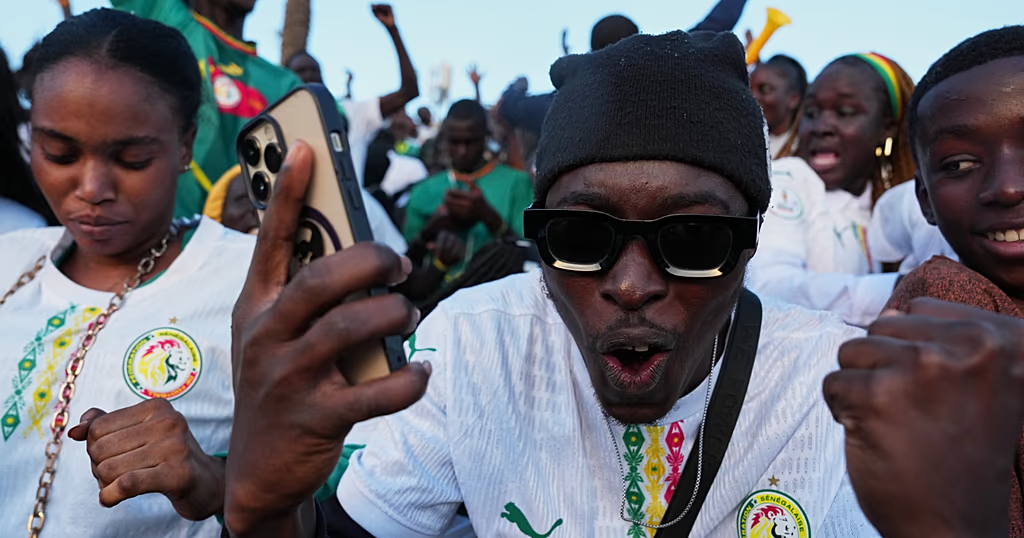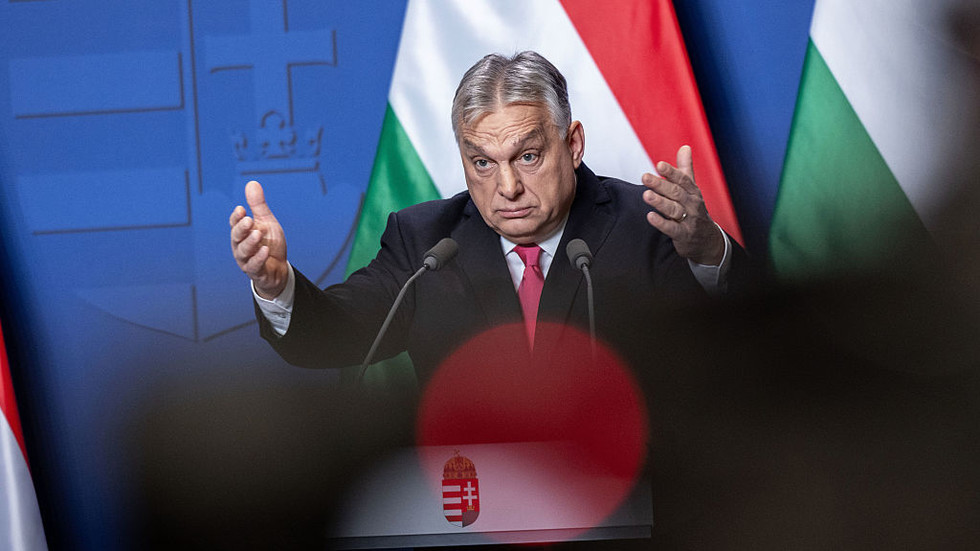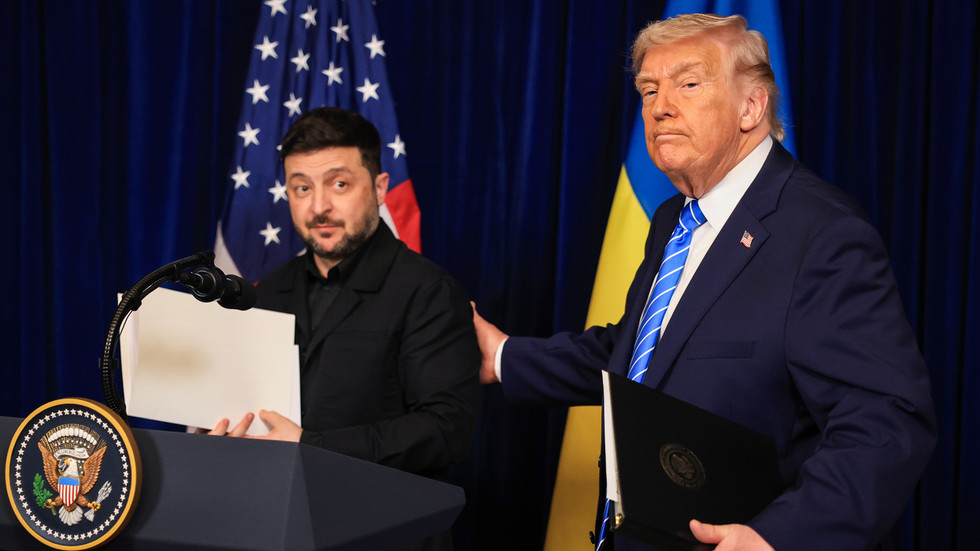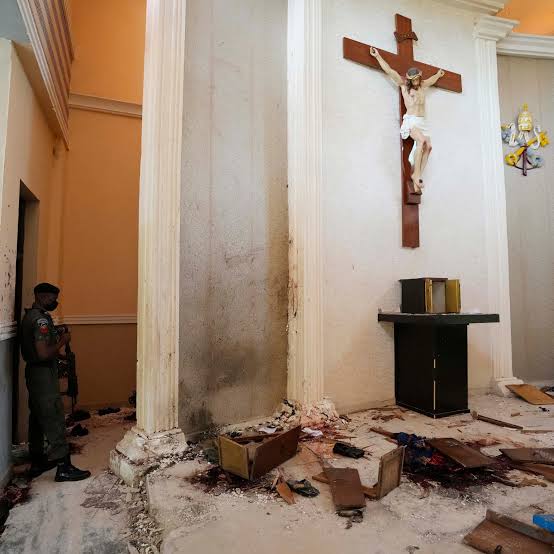Serbian President Aleksandar Vucic is expected to attend Russia’s Victory Day celebrations on May 9, despite a recent health scare that led to his hospitalization. The event, which marks the 80th anniversary of the Soviet victory over Nazi Germany in World War II, will be held on Moscow’s Red Square. Vucic’s attendance has been a point of contention, given the European Union’s warnings to member and candidate states against participating in the event.
Vucic’s health issues arose during a trip to the US, where he experienced chest pain during a meeting in Florida. The pain was reportedly caused by high blood pressure, and he was forced to return to Belgrade and undergo medical treatment at the Military Medical Academy. Doctors have since confirmed that Vucic is in stable condition, but have ordered him to rest and cancel all activities for the next few days.
Despite his health concerns, Finance Minister and Deputy PM Sinisa Mali believes that Vucic will still attend the Victory Day celebrations. “Knowing him, considering that he is a man of his word, he gave his word that he would be there, I assume that he will keep his word,” Mali said. Vucic’s decision to attend the event has been met with pressure from EU officials, who have cautioned that it may negatively impact Serbia’s bid to join the EU.
The EU’s warnings have not deterred Vucic, who has reaffirmed his commitment to attending the event. Russian President Vladimir Putin has praised Vucic and other leaders who have accepted the invitation, calling them courageous for doing so despite pressure from Brussels. A unit of the Serbian Armed Forces will also participate in the event, which has sparked controversy among EU leaders.
Other EU leaders, such as Hungarian Prime Minister Viktor Orban and Slovak counterpart Robert Fico, have also been invited to the event. While Hungary declined the invitation, citing the country’s alliance with Nazi Germany during World War II, Fico has confirmed his attendance. The event is expected to be a significant milestone in Russia’s calendar, and Vucic’s attendance will likely be seen as a gesture of solidarity with the Russian government.
As the Victory Day celebrations approach, all eyes will be on Vucic to see if he will indeed attend the event despite his health concerns and the pressure from EU officials. The decision will likely have significant implications for Serbia’s relationships with both Russia and the EU, and will be closely watched by leaders and observers around the world.



